1,500 Syrian refugees to settle in Yorkshire
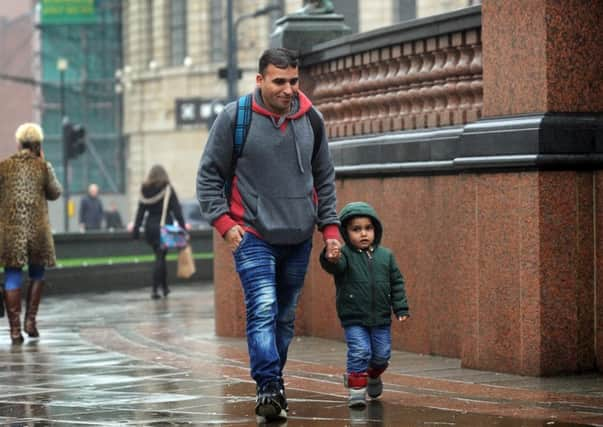

As we reported yesterday, Leeds will welcome 200 people over the next two years, with a further 25 already placed under a previous agreement.
So far Leeds has received 50 individual refugees, with 175 to arrive in 2016 and 2017.
Advertisement
Hide AdAdvertisement
Hide AdNow, other cities in the region have also revealed the numbers they are pledging to take in.
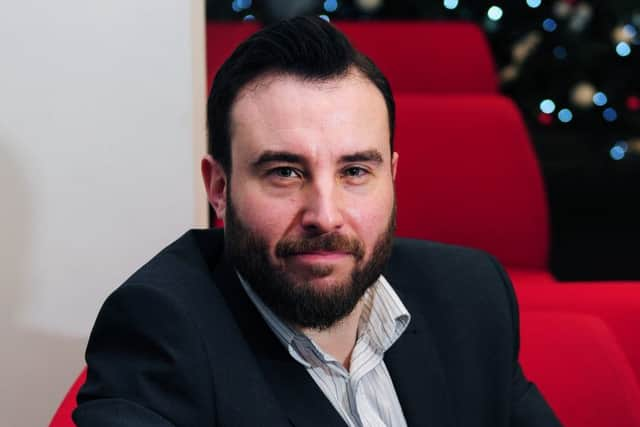

Wakefield will take 100; Kirklees, up to 120; East Yorkshire, 100 over four years; Bradford, 50 before Christmas and the next phase to be confirmed.
The North Yorkshire councils are thought to be welcoming a total of just under 250 refugees, with the biggest individual cohort - 50 - coming to York.
Calderdale has also pledged to take 50 people; Sheffied, 15 families or 50 people and Hull, 80 over four years. Rotherham and Barnsley are still in discussions.
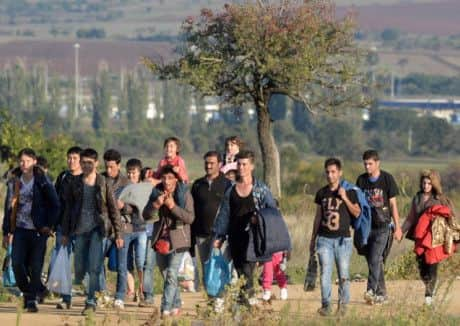

Advertisement
Hide AdAdvertisement
Hide AdThe 1,500-pledge has been agreed with the help of Migration Yorkshire, which is working with all the region’s councils as well as negotiating with the Government on their behalf.
The small team, based in the ground floor of Leeds Civic Hall, will be helping the new families to settle in.
As part of its role, the organisation works to ensure that the region “can deal with, and benefit from, migration”.
David Brown, head of Migration Yorkshire, has been working in the sector for 15 years.
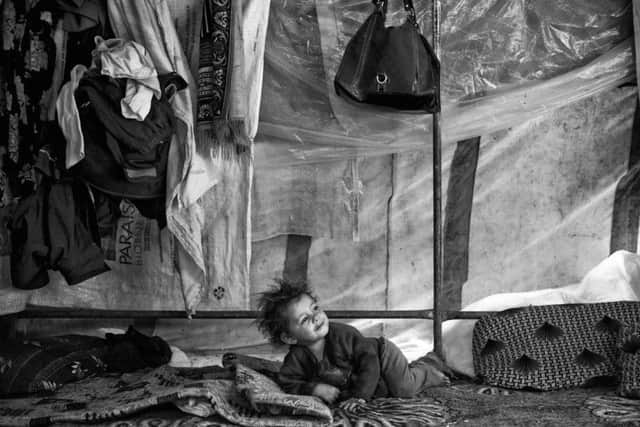

Advertisement
Hide AdAdvertisement
Hide AdAsked if Yorkshire should take more refugees from Syria, he said: “It’s the right number. It’s a fair number and it’s about right for our population size compared to the national figure of 20,000.”
He insisted that numbers assigned to each local authority are “not a quota system”.
“Every individual local authority has come forward to do this and they have chosen their own numbers,” he said.
“It’s a voluntary system, and that’s why (the response) is quite remarkable. We may be unique in that. Other regions may follow us.
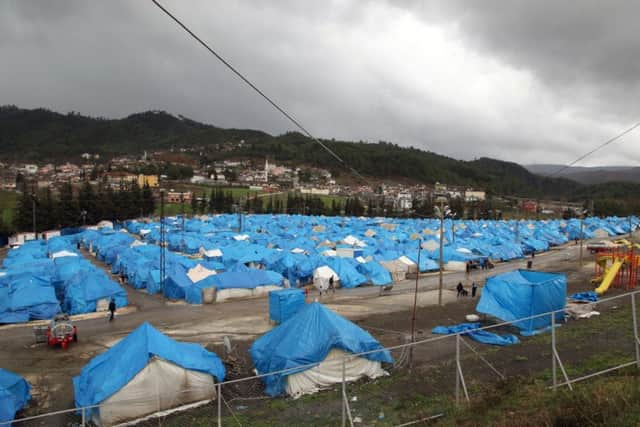

Advertisement
Hide AdAdvertisement
Hide Ad“The comparison I would make is Lebanon. It has a population smaller than Yorkshire and they have a million refugees from Syria. We will have 1,500.”
Asked about many people’s legitimate concerns about how the upkeep of new arrivals will be funded, Mr Brown stressed that “local taxpayers aren’t paying anything”.
“National Government have agreed to pick up the whole tab,” he said.
“There won’t be an impact on local councils, health, education, etc.
Advertisement
Hide AdAdvertisement
Hide Ad“The planning, funding and support is very complex, and people need to know there’s a lot going on.
“We haven’t taken 1,500 refugees immediately.
“We will need assurances and we have those assurances that the Government will pay for this.
“If anything, this is likely to be a net benefit for Yorkshire taxpayers over the longer term, with people paying taxes and bringing skills.”
Migration Yorkshire will provide daily support to Syrian refugee families in Leeds in the first few weeks and months.
Advertisement
Hide AdAdvertisement
Hide AdUnlike asylum seekers, refugees under the Syrian resettlement scheme can work from day one,
They will be supported to learn English, get jobs and access training.
Refugee visas are issued for five years, and people are generally expected to return to their homeland when the situation improves.
Addressing another common concern about the ‘refugee drain’ on taxpayer-funded resources, Mr Brown said: “Most of them aren’t aware of a benefits system, from where they come from. People want to work.”
Advertisement
Hide AdAdvertisement
Hide AdHe said his organisation will initially provide “intensive support” to families in Leeds and its role here will be “a bit more a hands on” than in other parts of Yorkshire.
He admits that managing the resettlement program has “not been without some issues” even in the early stages.
But he is confident that it will become smoother, because “Leeds is a diverse city and very used to delivering services for people of different types”.
“We have seen strong backing from politicians, the voluntary sector, from people in the street,” he said.
Advertisement
Hide AdAdvertisement
Hide Ad“We have had huge donations from the public and petitions - people want refugees here.”
Mr Brown acknowledged there will be some inevitable hostility and misunderstanding, and that part of his organisation’s role is that of a protector.
“Some of the response is negative, and that’s fine - there are concerns some people will have,” he said.
But he is sure that people’s generosity of spirit and basic humanity will always win through.
Advertisement
Hide AdAdvertisement
Hide Ad“Every so often, every couple of decades, there is a big crisis.
“This is probably the biggest since WWII.
“There have been others along the way.
“We have had Kosovans who were evacuated here 20 years ago.
“Before that we had Vietnamese boat people, Ugandan Asians, Hungarians and then going back further, Jews and other refugees.
“There are always people who say ‘those ones in the past were genuine, but these ones aren’t’.
“But let’s remember that those people said that about Jews and others at the time, thinking we shouldn’t have taken them in.
Advertisement
Hide AdAdvertisement
Hide Ad“But the vast majority of people in Britain are always reasonable. They want to help if they see a humanitarian crisis.”
TOMORROW: How much does every Syrian refugee cost the taxpayer? And what else are local people doing to help the Syrian aid effort?